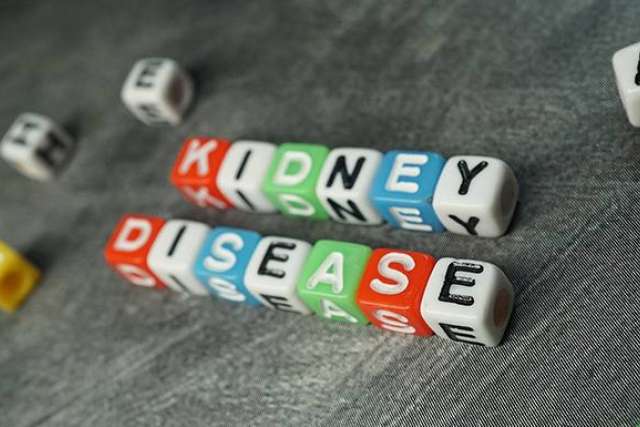Chronic kidney disease, or CKD, is a common condition that occurs when the kidneys are damaged and cannot properly filter blood. The condition causes gradual loss of kidney function and, over time, limits a person’s ability to perform day-to-day activities.
Functions of the kidneys
- The kidneys are important organs in the body that filter waste and excess fluids from their body and excrete them as urine
- They ensure that there is a healthy balance of water, salts and minerals in the blood
- They allows nerves, muscles and other tissues to work normally
- They make red blood cells and control blood pressure
Risk factors for developing CKD
- Diabetes
- High blood pressure
- Heart disease
- Family history of kidney failure
- Over 60 years old
Chronic kidney disease is common
More than 30 million American adults –approximately 15% of the U.S. population—are affected by chronic kidney disease. Deteriorating kidney function can lead to other complications such as:
- Hypertension (high blood pressure)
- Anemia (low red blood cell count)
- Weak bones
- Swelling in the arms and legs
- A weakened immune system
- Nutritional deficiencies
Your Primary Care Physician can screen for CKD
There are 5 stages of chronic kidney disease, each based on the estimated GFR (Glomerular Filtration Rate) which is usually measured in milliliters per minute (mL/min). A standard blood or urine test, given at a physical, can detect signs of CKD. For instance, the glomerular filtration rate (GFR) can be calculated with blood test results along with a patient’s age, weight, gender and race. The lower the GFR, the more severe the disease.
In the earliest stages, making healthy lifestyle changes can delay CKD’s progression. Work with your health care provider to ensure you are:
- Eating healthy foods
- Exercising regularly
- Limiting sodium
- Getting ample sleep
- Staying hydrated
Many people are afraid of being diagnosed with CKD because they worry they’ll end up on dialysis — a process that uses machines to manually rid the blood of toxins. But when diagnosed early, CKD can be managed, and may never progress to the point where dialysis is necessary.
Patients should seek specialized care
Nephrologists specialize in the kidneys and the treatment of kidney disease. UCLA Health nephrologists help their patients maintain a healthy blood pressure and make healthy lifestyle changes to prevent kidney disease progression.
Learn more about CKD and get more patient resources at:

